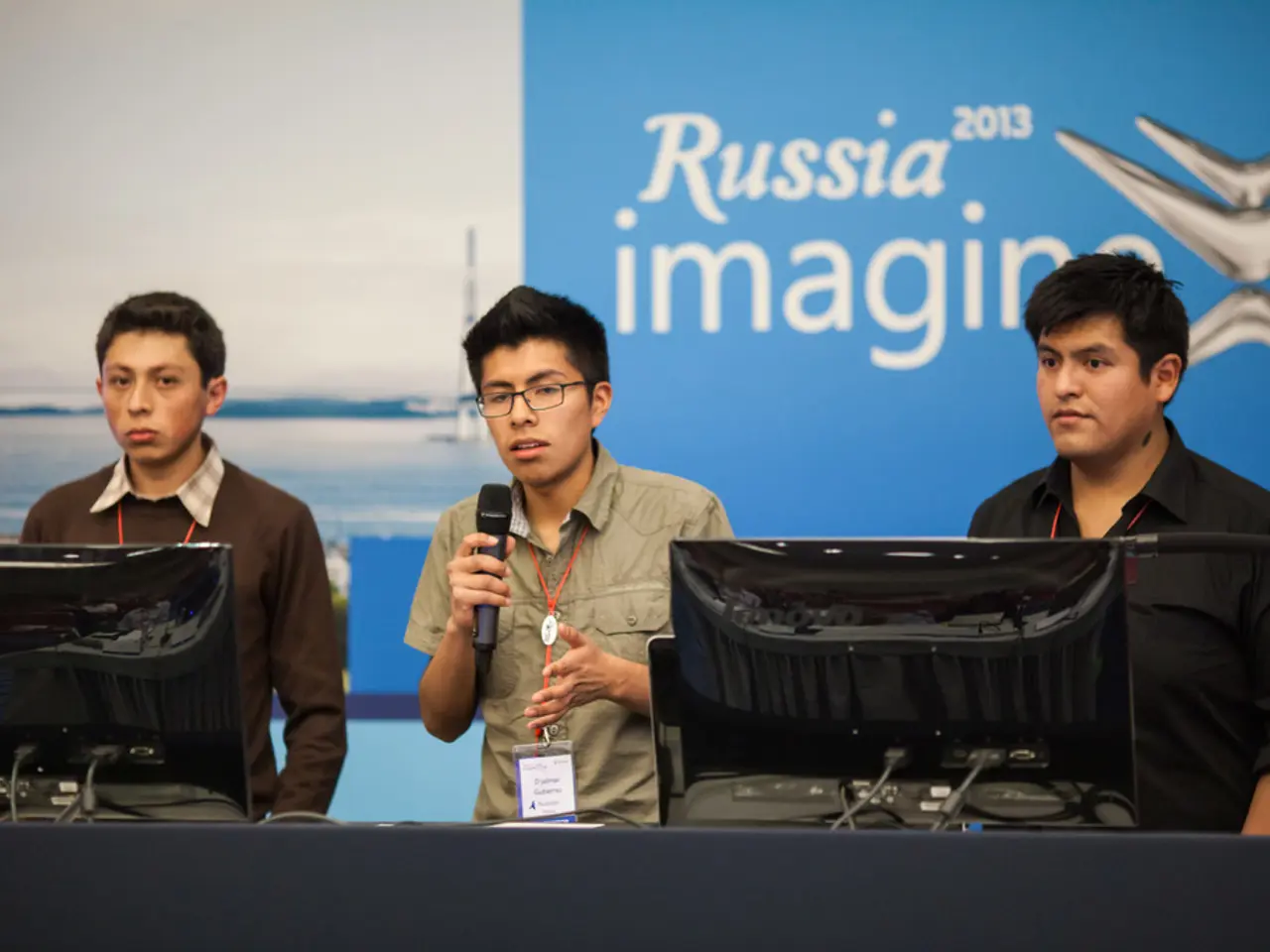US-India Free Trade Agreement Discussions: US Advocating for Trade Expansion, Patent Protections, and Data Regulations in India
The upcoming Free Trade Agreement (FTA) between the United States and India is shaping up to be a significant event, with both nations preparing to negotiate on a range of key issues. Here's a breakdown of the major demands and points of contention that are expected to surface during the talks.
Government Procurement
The US is pushing for increased access to Indian government procurement markets, aiming for transparency and non-discrimination in awarding government contracts. This could potentially open up opportunities for other countries and companies to participate in the bidding process.
Agricultural Subsidies
A contentious issue in the negotiations is the reduction of agricultural subsidies. The US wants India to address and potentially reduce government subsidies for farmers, as such subsidies can distort trade. However, India is firm in its stance, protecting its farmers' interests as a red line in negotiations.
Patent Protections
Intellectual property rights protections are another area of focus for the US, particularly in relation to the pharmaceutical and technology sectors. The US is likely to push for stronger protections to safeguard American interests, though specific demands for patent protections in the 2025 talks are not detailed.
Data Flows
The US is demanding clear and open regulations on cross-border data flows, aiming to ensure the smooth digital delivery of services, which is critical for sectors such as IT, BPO, and fintech. This includes addressing data protection regulations that could restrict free flow of information across borders.
Beyond these specific demands, the US is also expected to push for the removal of high tariffs on goods such as steel, aluminum, textiles, gems, and chemicals, which have been significantly increased by the US since early 2025.
India, on the other hand, has asserted "no compromise" on its red lines related to protecting farmers, fishermen, and small enterprises. These social sensitivities are critical constraints in the negotiations.
Interestingly, the demands the US is raising, including those related to FTA, have also been raised in several multilateral forums, including the World Trade Organization (WTO). The US is expected to demand weakening of patent protections during bilateral talks on FTA with India.
In the ongoing negotiations, it will be intriguing to see how these demands are balanced against India's commitment to protecting its domestic industries and social sectors. The outcome of the talks could have far-reaching implications for both economies.
Read also:
- President von der Leyen's address at the Fourth Renewable Hydrogen Summit, delivered remotely
- Unveiling Innovation in Propulsion: A Deep Dive into the Advantages and Obstacles of Magnetic Engines
- Intensified farm machinery emissions posing challenges to China's net-zero targets
- EU Fuel Ban Alerts Mercedes Boss of Potential Crisis








